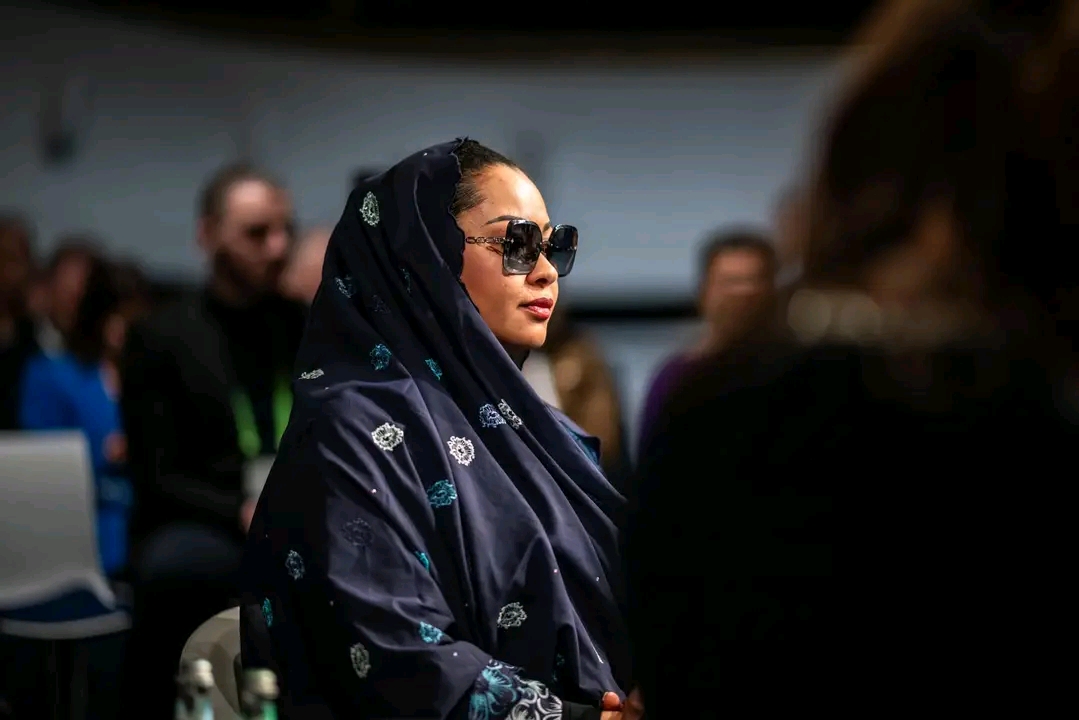In a unified stance, Nigerian Senators expressed strong opposition on Wednesday to the proposed increase in electricity tariff, deeming the move retrogressive and ill-timed. The lawmakers also mandated the Senate Committee on Power to investigate the alleged over N2 trillion subsidy requirement disclosed by the Minister of Power, Adebayo Adelabu.
The deliberations took place during Wednesday’s plenary session after a motion was introduced by Senator Iya Abbas, representing Adamawa Central. Following a thorough debate, the Senators urged the federal government to immediately abandon the idea of raising electricity tariffs in the country.
Senator Abbas, leading the debate, highlighted that the country’s power sector owed over N3 trillion to electricity-generating companies and gas companies, emphasizing the mounting indebtedness as a critical concern.
Contributing to the motion, Senator Abba Moro, representing Benue South, argued that Nigeria must prioritize achieving self-sufficiency in power generation and distribution before contemplating any tariff hike.
Senator Aminu Tambuwal, representing Sokoto South, echoed the sentiment, stating that removing any subsidy on electricity at this juncture is insensitive and could exacerbate the existing challenges faced by the populace.
In his remarks, the President of the Senate, Godswill Akpabio, aligned with his colleagues, emphasizing that an increase in electricity tariffs would further burden Nigerians, particularly when grappling with issues like hunger and the high cost of living.
The pushback against the proposed tariff hike comes in the wake of Minister of Power Adebayo Adelabu’s revelation last week at a press conference in Abuja. Adelabu disclosed that Nigeria might not be able to sustain the current electricity subsidy, signaling the government’s consideration of adjusting the tariffs to address the financial challenges in the power sector.
The Senate’s unanimous rejection underscores concerns about the potential impact on the already strained economic conditions faced by Nigerians and the necessity of addressing the root causes of financial challenges within the power sector before considering any tariff adjustments. The Senate Committee on Power’s investigation will play a crucial role in examining the subsidy requirements and providing informed recommendations to guide future decisions in the energy sector.




